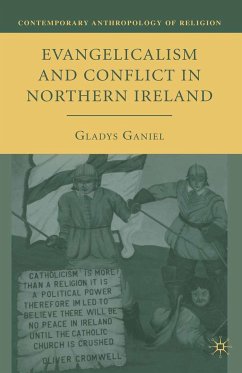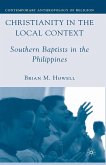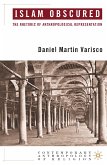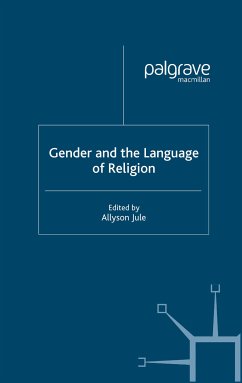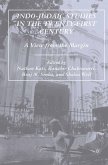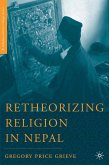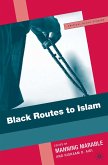Dieser Download kann aus rechtlichen Gründen nur mit Rechnungsadresse in A, B, BG, CY, CZ, D, DK, EW, E, FIN, F, GR, HR, H, IRL, I, LT, L, LR, M, NL, PL, P, R, S, SLO, SK ausgeliefert werden.
"Ganiel presents the world of Northern Ireland's Evangelical communities in an engaging and convincing manner...The fact that Ganiel documents how these Evangelical communities transform in response to policies of the state underscores her larger critique of the modern secular vision of autonomous social spheres...Ganiel's book offers an important contribution to the theoretical categories in the anthropology of Evangelicism" - William Girard, Anthropology News

